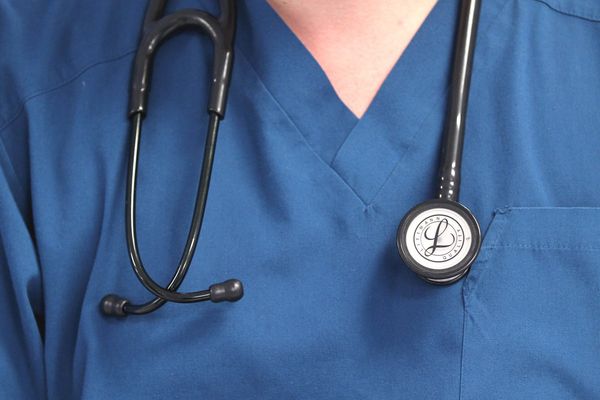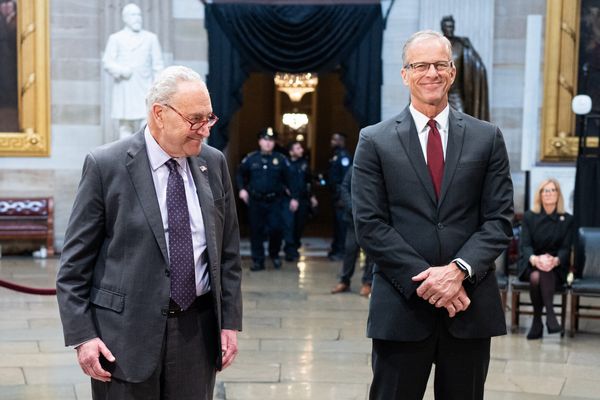
The NHS spends a lot of time and money looking after people who smoke, or drink too much or don’t do enough exercise. Hospital admissions and treatments are an expensive business.
So what would happen if these people were able to change their lifestyles, for example by switching to vaping, moderating alcohol intake and being more physically active? My research suggests that costs to the NHS could be significantly reduced.
One of my studies indicates that if half of England’s 5 million smokers switched to e-cigarettes or heated tobacco, the NHS would save more than £500 million a year. The shift away from cigarettes would lead to a decrease in cases of lung cancer, mouth cancer and heart disease. While the risks of vaping are still not entirely clear, the damage caused by smoking has been firmly established.
Another study I carried out in Italy reinforces this conclusion. It suggests that if half of Italy’s smoking population transitioned to alternative products, that country’s public health service could save over €700 million (£600 million) a year.
The larger figure comes from a slightly different cost structure for Italy’s health service, and the fact that more people smoke in Italy than in England. That study also delves into potential savings related to reducing excessive alcohol consumption and promoting increased physical activity.
My research used statistics which suggest that just under 3% of Italians are currently considered heavy drinkers. Overindulging in alcohol can lead to many health problems, including liver damage, heart defects, increased blood pressure, and a heightened risk of certain types of cancer.
I found that if a single heavy drinker (someone who consumes over four units of alcohol a day) out of every 1,000 Italians reduced their consumption to the recommended guidelines (two units a day for men, one a day for women), this would result in an annual saving to the health service of €60 million (£52 million).
Another finding was that if one physically inactive person out of every 100 Italians started to take the recommended level of at least 150 minutes of moderate physical activity, the gain would be €223 million (£193 million) per year.
Almost 40% of Italians do no exercise, which increases the risk of cardiovascular diseases, type 2 diabetes and obesity. It also elevates the risk of colon cancer, high blood pressure, osteoporosis, depression and anxiety.
So overall, as the Italian government – in common with many wealthy countries – struggles with healthcare funding, close to €1 billion could be saved every year in direct costs if a relatively small number of people made fairly straightforward changes.
Save lives, save money
A similar impact could be had on the NHS (which has an annual budget of £182 billion) by targeting smokers, heavy drinkers and those who take no exercise.
The economic impact could in fact be far greater than my calculations suggest. For the savings predicted by my research do not account for the loss in productivity due to time off work connected to illness, treatment and recovery.

Some may argue that given the risky nature of cigarettes and alcohol, a more straightforward – and economically beneficial – approach would be to implement an outright ban. After all, if successful, it could potentially result in even greater savings of lives and resources.
But banning people from doing things they like, even if those things are harmful, rarely works out well. The idea of taking away the right to smoke or drink, or enforcing physical exercise would be a tough political sell.
Recognising that people are often inclined to engage in risky behaviour, the objective should be to reduce the excessive harm they cause themselves. A push towards encouraging and enabling people to smoke less, drink less and do more exercise would benefit them and significantly decrease the financial pressure on our healthcare systems.
Francesco Moscone is affiliated with University of Ca' Foscari Venice
This article was originally published on The Conversation. Read the original article.







